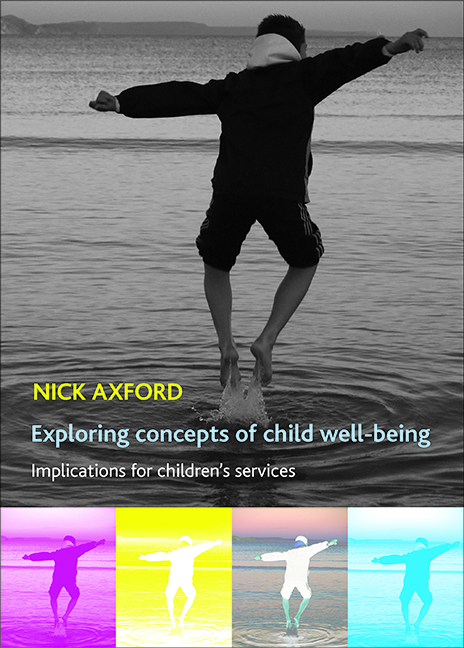Summary
There is a general consensus that some individual interests and liberties are so basic that all states and human beings should respect them. Calling them rights means that they should take precedence over the private interests of those in power and the pursuit of other social goals and aspirations, and that societies should seek to secure them, irrespective of traditions, history or levels of economic development (Waldron, 1984, 1993). This belief is expressed in international law, for example in the 1948 UN Declaration of Human Rights, and many countries have a bill of rights designed to prevent government interference with free speech, religious liberty, equal access to the law and so forth. In the UK, this function is fulfilled by the 1998 Human Rights Act – a higher law with which all other laws, policies, practices and procedures must comply (Klug, 2000). National legislation and associated guidance set out in more concrete terms the goods and freedoms to which citizens are entitled.
The seductive language of rights has also seeped into children's services, as discussed in Chapter One. However, as with need, rights is a controversial and complex concept, a fact often masked by its liberal and somewhat indiscriminate use. There is much rhetoric about rights: the complaint of the scorned, angry shopper; the indignant claim to protection by advocates of torture victims; claims to welfare provision made through various advocacy organisations; and so on. This chapter sketches out some of the key points of agreement and debate concerning rights. It examines different approaches to measuring rights, but first it looks at what rights are and why they are important, how they become violated, what they cover (their substance) and what makes something a right (or how one obtains a right). It is important to note that the chapter does not focus on children's rights per se, although it touches on this (for an extended discussion on this topic see Archard, 2004). Rather, it takes a broader perspective on the concept.
Concept
The nature of rights
A right is a claim to be treated in a certain way. The content of the claim is justified on the basis that every person has inherent worth, irrespective of their virtues, abilities or value to others: this is the ‘Y’ in the formula ‘A has a right to Q against B in virtue of Y’.
- Type
- Chapter
- Information
- Exploring Concepts of Child Well-beingImplications for Children's Services, pp. 29 - 44Publisher: Bristol University PressPrint publication year: 2008



